14 July 2022
Four Stages of Competence
I’m not the sharpest tool in the shed. But I’m also not the dullest. I am merely as sharp or dull as the average tool in the shed. Over time, most of us regress to the mean for any measure. That said, our sharpness or dullness is not a fixed state. Like most forces in nature, our competency follows a cycle. The learning cycle is four years in North American education systems—such as high school and college. During this cycle, our competence and confidence will reach highs and lows.
The Competence-Confidence Matrix
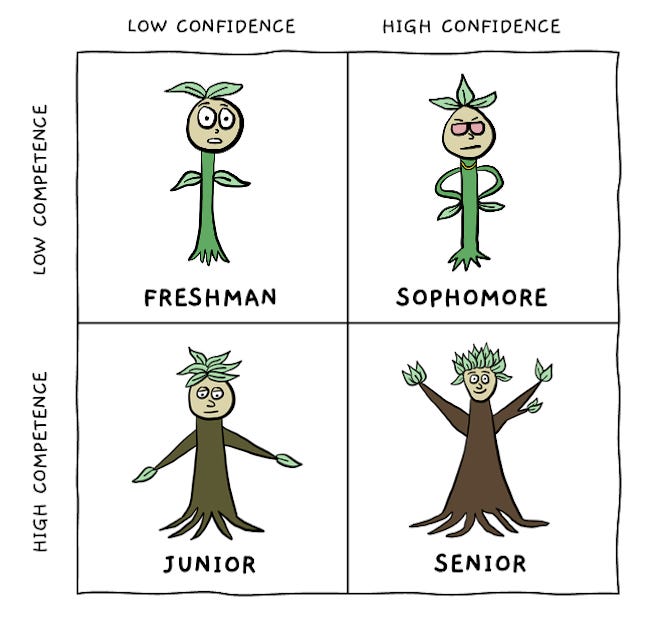
Freshman
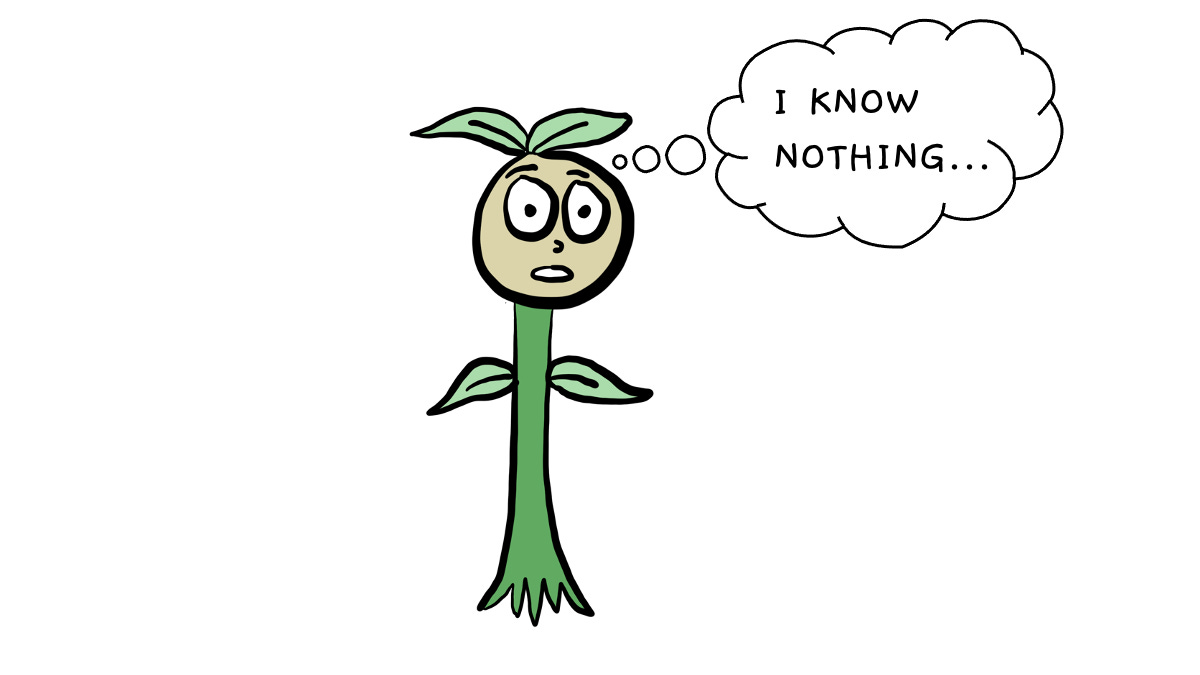
Freshmen: low competence, low confidence.
Sophomore
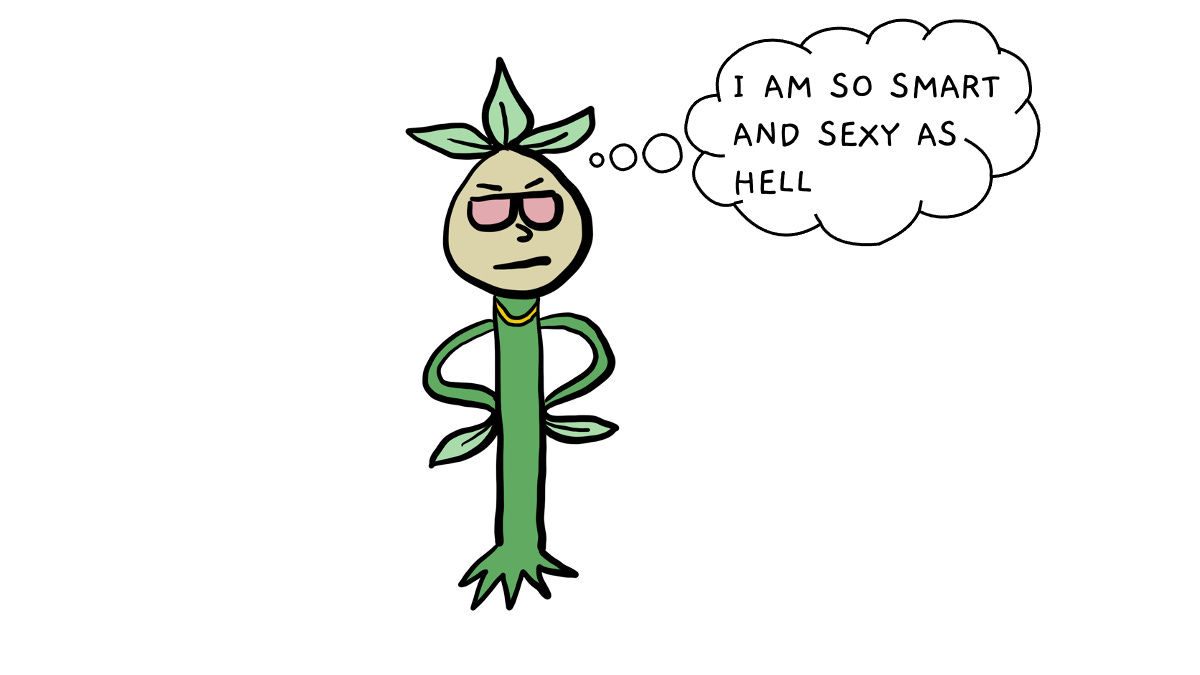
Welcome to the Sophomore stage. Dictionaries define “sophomoric” as “conceited and overconfident but poorly informed and immature.” In short, a Sophomore thinks they’re great, but they’re not.
Sophomores: low competence, high confidence.
Junior
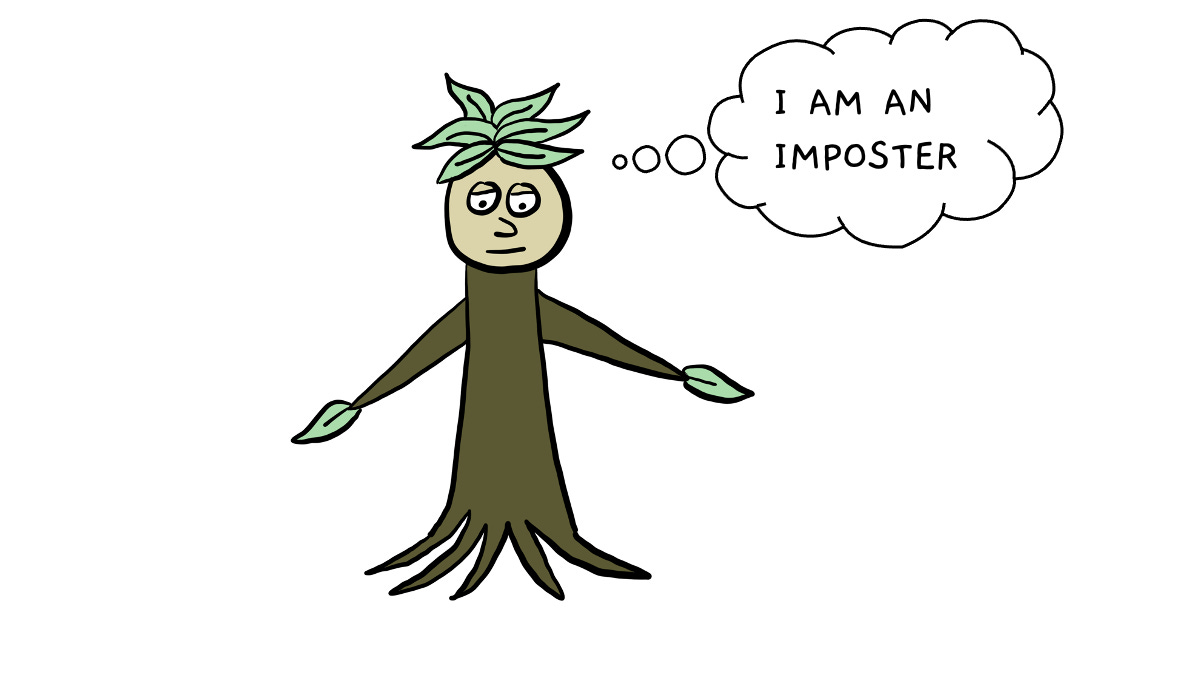
“Be humble or get humbled.”
We enter the Junior stage. We made a mistake, and a new opportunity presents itself. We can either:
- Choose ignorance. We can deny reality and take on a victim mindset, believing that the world is broken and we have no control over these unjust outcomes.
- Get humbled. We can accept that we caused this failure and take ownership of our destiny. We acknowledge that we aren’t as smart, strong, special, or skilled as we thought.
Something powerful happens if we choose the second path. We gain awareness of our shortcomings, which unlocks an understanding of what needs to improve—a sort of tactical enlightenment. Then, we can bow our heads and put in the work to gain competence.
An unfortunate side-effect is imposter syndrome. Based on our past behavior, we believe we aren’t good and worry that we’ll be “found out.” Some claim that imposter syndrome is self-sabotage, and we should ignore these feelings of inadequacy. But what if that inadequacy signaled we aren’t fulfilling our potential? If we could move forward despite self-doubt, imposter syndrome is merely a step toward developing competence.
Juniors: high competence, low confidence.
Senior
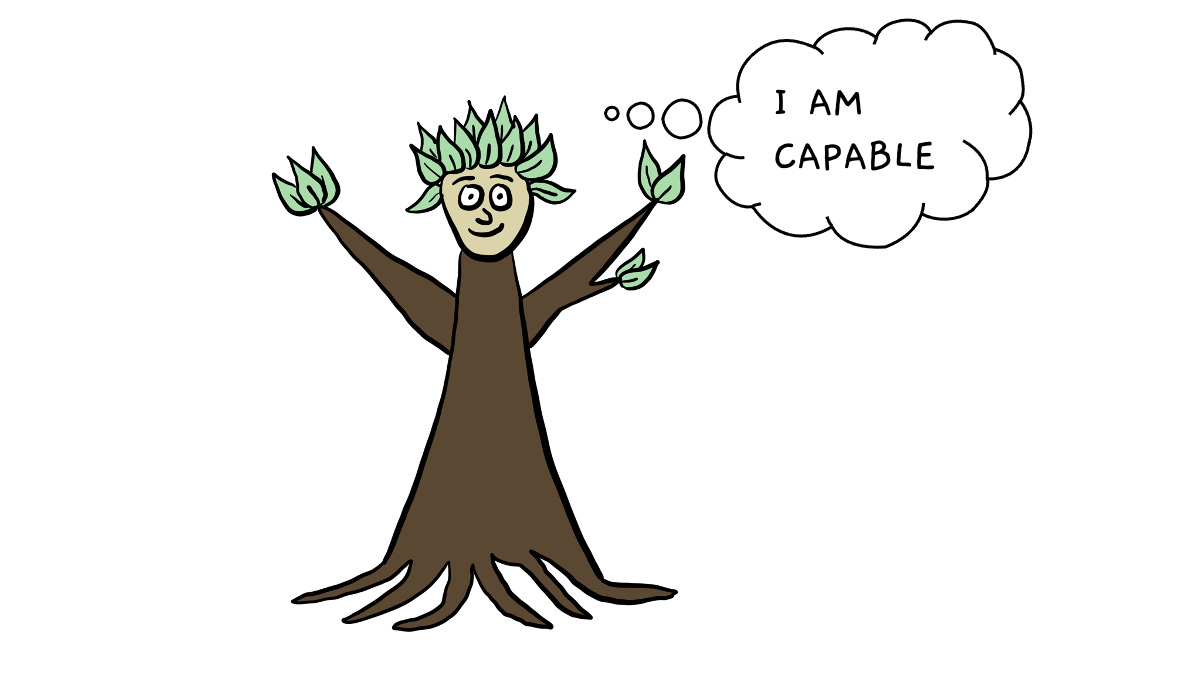
When we prove to ourselves that we are competent, we have earned our confidence. Then we can continue to learn without the peaks of arrogance and or valleys of despair.
Seniors: high competence, high confidence.
Back to Square One
Then the cycle repeats: we move from a senior in high school to a freshman in college. We become people managers at work and are back to square one—discovering how little we know.
We can be at different stages for different parts of our life. I’m a “senior” PM at work, a freshman at drawing, and, admittedly, a sophomore at writing.
Psychologists call this cognitive bias the “Dunning-Kruger Effect.” Are we doomed to this turbulent cycle? Like most cognitive biases, we will follow the default path without self-awareness.
